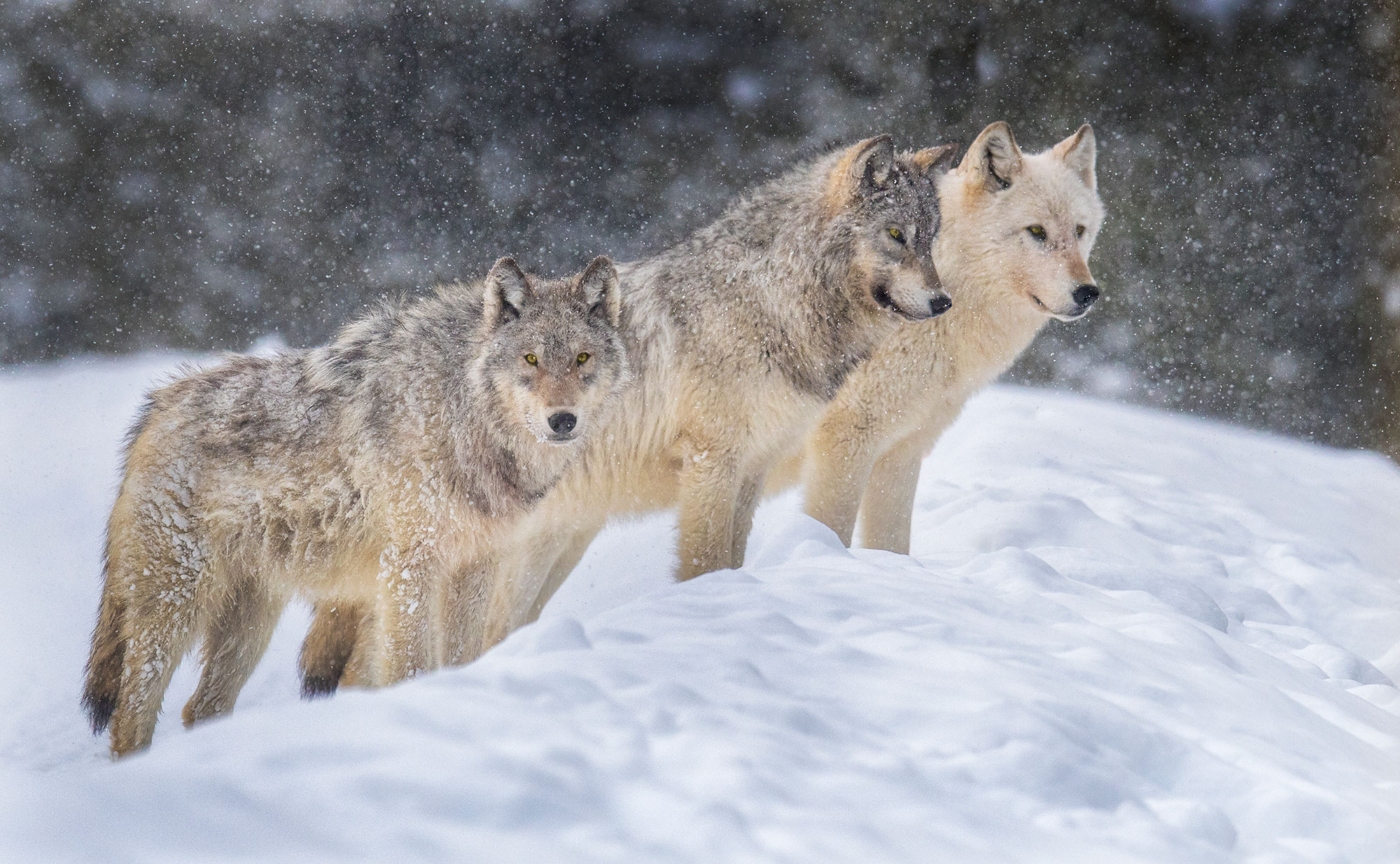bayoublaster7527
WKR
- Joined
- Jul 17, 2017
- Messages
- 871
Interesting article from Outdoor Life. Folks in Colorado and Washington are seeing it first hand.

 www.outdoorlife.com
www.outdoorlife.com

Are Animal-Rights Activists Hijacking Our Wildlife Commissions?
In the first of a 4-part podcast series, OL’s hunting editor and Randy Newberg discuss what’s at stake for America’s hunters and anglers.
 www.outdoorlife.com
www.outdoorlife.com

